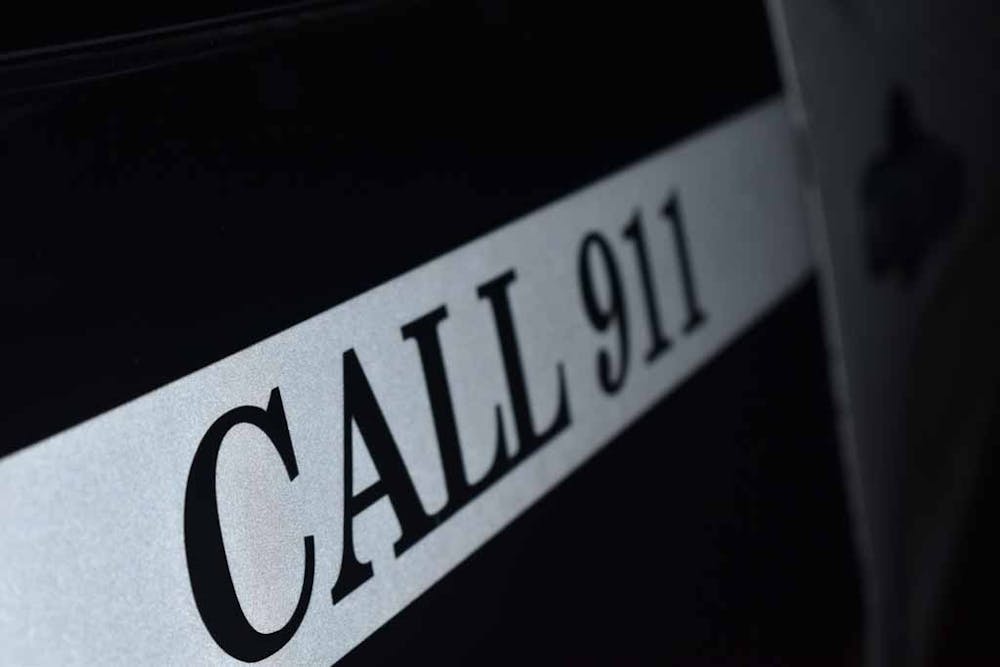“A wellness check is a public safety tactic utilized by all law enforcement agencies in order to make contact with an individual for various reasons,” Media Relations Manager Pace Sagester said in a statement to The Daily Tar Heel last fall.
The UNC Police Department will respond to a well-being check at the request of a medical personnel or concerned individual, Sagester said.
Well-being checks are also conducted if there is no answer to a Carolina Housing knock, a student is unable to be reached by a staff member for at least three days or the student is showing signs of self-harm or suicide, he said.
Alicia Freeman, alcohol and other drug prevention/mental health awareness and stigma reduction programs coordinator for UNC Student Wellness, said in an email that signs vary for every individual, but common recurrences include aggressive behavior, substance misuse and self-injury. Signs that are considered to be an immediate crisis include medical emergency, suicidal thoughts and behaviors, severe effects of substance use and severe psychotic states.
For individuals trying to assist those experiencing a potential mental health crisis, it is sometimes difficult to determine a responsible way to respond.
Interim CAPS Director Avery Cook said CAPS support is for brief individual therapy needs.
“The job is to get the person connected to the folks that can offer that support," Cook said. "We never want students to feel responsible for anyone else's health or safety."
Though CAPS is an available resource to students, a well-being check will allow increased authoritative figures to check for warning signs, Sagester said.
He said that once a well-being check is requested, Carolina Housing and UNC Police will respond accordingly.
“Campus Police will conduct well-being checks by knocking on the room door of the student and keying in, if necessary. A member of Carolina Housing Leadership will also be present for most well-being checks,” Sagester said.
If guidance for students is necessary before a well-being check is requested or a mental health crisis is occurring, CAPS is accessible 24/7 for instruction, Cook said.
“We want folks to come and see us so that we can help," Cook said. "That's the biggest thing. We're never not here. I mean, sometimes we're not here, but then we're on the phone.”
To get the day's news and headlines in your inbox each morning, sign up for our email newsletters.
All questions about Carolina Housing were referred to UNC Media Relations. According to Media Relations, Sagester's statement applies to Carolina Housing as well.
If there is an immediate concern for the health or safety of another person, Media Relations said to call 911 immediately. For non-urgent situations, the University recommends submitting a Care Referral Form through the Office of the Dean of Students.
The Chapel Hill Police Department did not respond in time for publication with comment on safety protocols for students living off campus.
Senior Writer Kelly Kendall contributed reporting.
If you or someone you know is thinking about suicide, the National Suicide Prevention Lifeline, 1 (800) 273-8255, is available 24/7. It is free and confidential.
UNC students who need assistance during this time may contact Counseling and Psychological Services, the Office of the Dean of Students or Student Wellness. CAPS can be reached 24/7 by phone at (919) 966-3658. University employees can reach out to the Employee Assistance Program.
Peer supporters from the student-run organization Peer2Peer, which offers mental health resources for graduate and undergraduate students, can be reached through its online form. Students can choose to remain anonymous.
@livvreilly
university@dailytarheel.com



